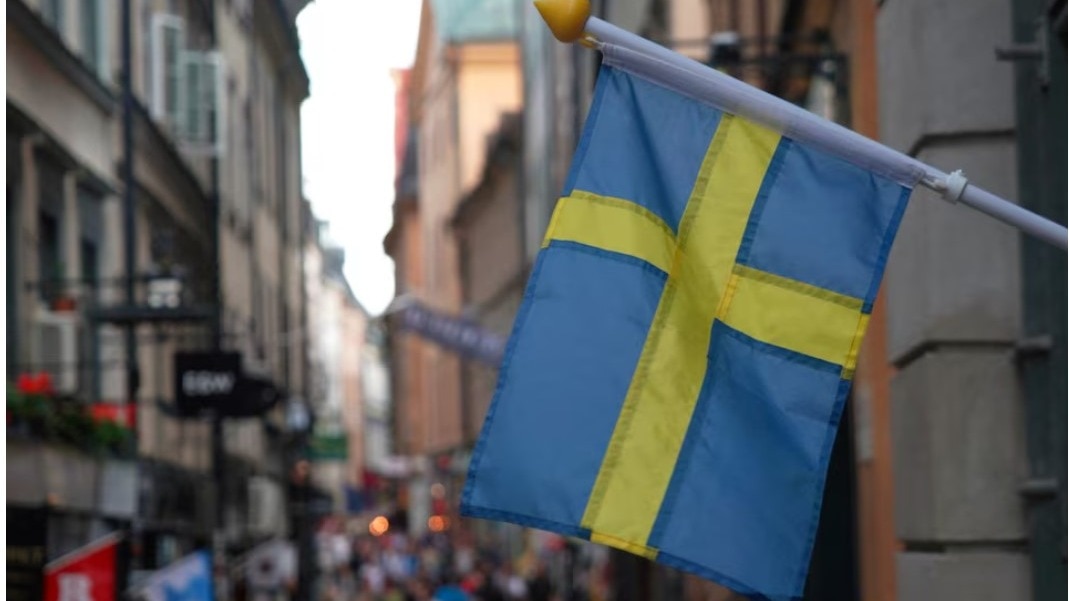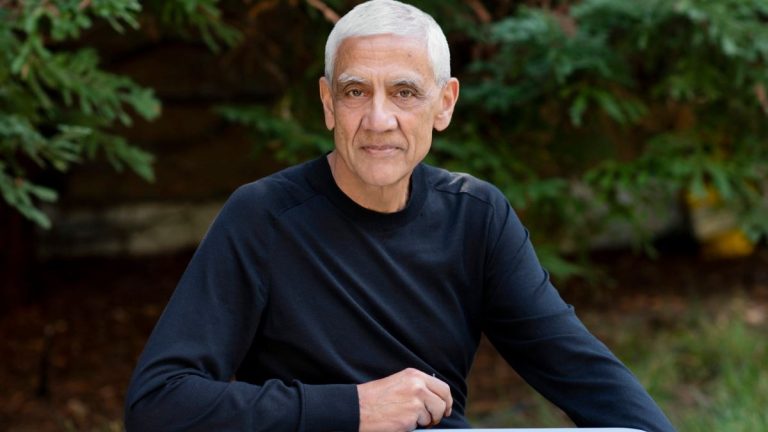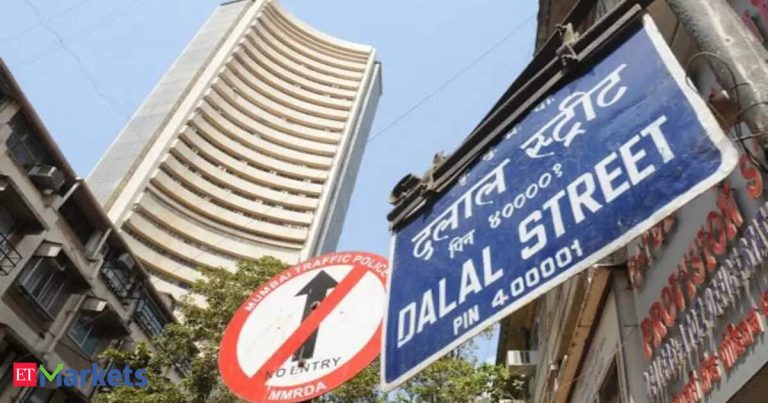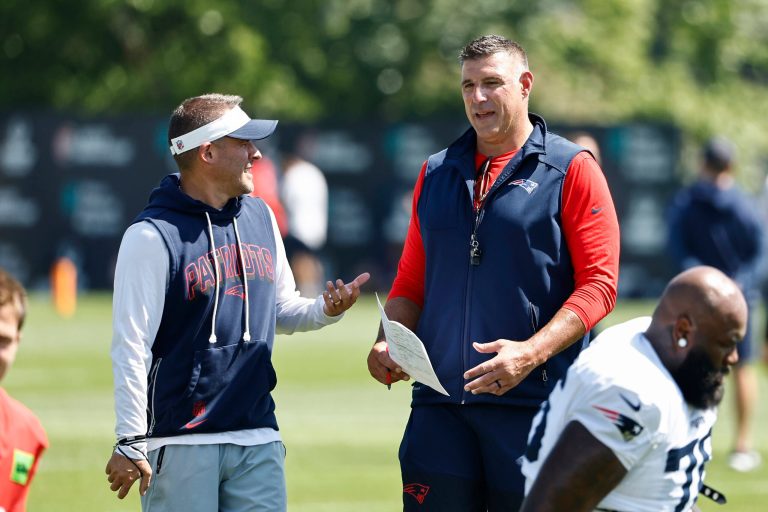The European Union and India should conclude a free trade agreement that tackles both tariffs and non-tariff barriers, Swedish Minister for International Development Cooperation and Foreign Trade Benjamin Dousa urged on Wednesday, warning that “both the EU and India are just a bit over-regulated right now.”
Speaking to business leaders from Sweden and India, Dousa said easing regulatory hurdles alongside cutting tariffs would unlock significant gains for both trading blocs. He noted that India, the world’s fastest-growing major economy, could cement its status as a premier manufacturing hub by attracting more foreign direct investment.
“We are only beginning to explore the full potential of the Sweden-India economic partnership,” Dousa said, recalling Ericsson’s entry into India in 1903 and the subsequent investments by Tetra Pak, ABB, Volvo, and IKEA among others. Today, more than 280 Swedish companies operate in India, contributing to the employment of nearly 17,000 people, while 75 Indian firms in Sweden employ around 7,000 people.
At the same summit, India’s Commerce and Industry Minister Piyush Goyal described talks with EU counterparts as “going well” and said only “a wee bit of tariff recalibration” and regulatory alignment remain. Quoting Rabindranath Tagore — “you have to swim in the waters to cross the seas” — he urged negotiators to seize the moment, calling an India–EU trade pact “a great enabler” of shared prosperity.
Swedish industry echoed these calls. Jacob Wallenberg, chairman of the Confederation of Swedish Enterprise and scion of the low-profile business dynasty behind industrial giants such as EQT AB, Ericsson, and ABB — pressed both sides to finalise the trade pact at the earliest.
Goyal highlighted the “once-in-a-generation” opportunities for European investors. India drives 16 per cent of global growth, he said, and its stock market has grown nearly 4.5 times since 2014. With investment of $125 billion annually in infrastructure, India aims to become a $30 trillion economy in the next two decades, he added.






